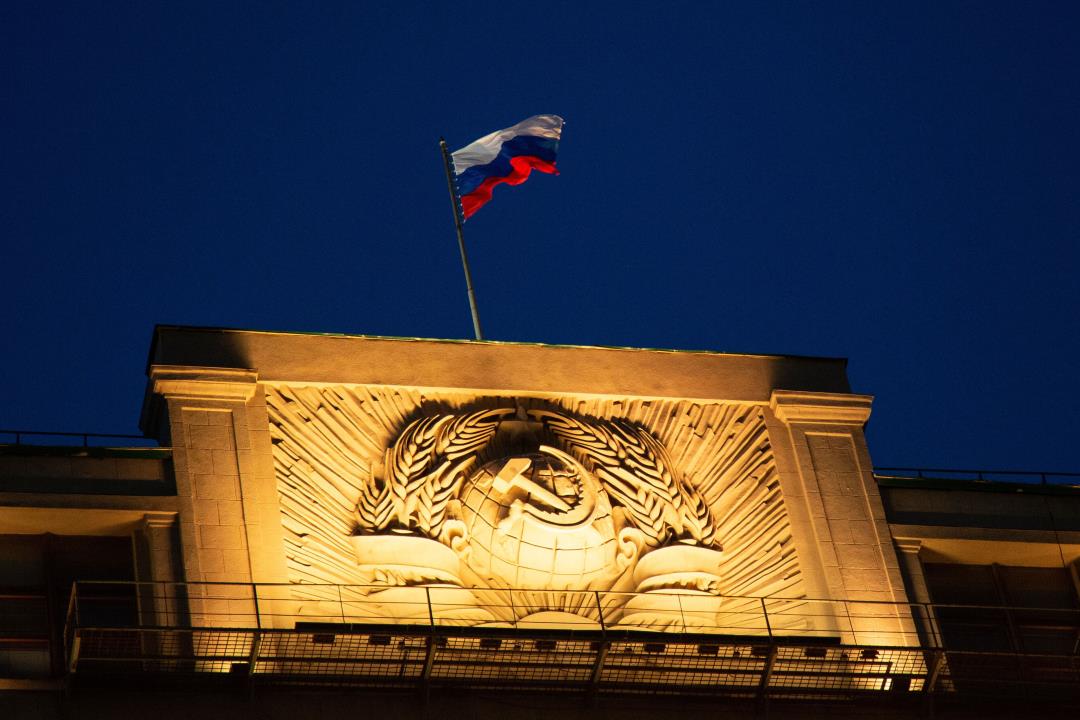Russia Labels Amnesty International as 'Undesirable Organization', Intensifying Crackdown on Dissent










2025-05-19T19:49:00Z

In a significant move against international human rights advocacy, Russian authorities officially designated Amnesty International as an "undesirable organization" on Monday. This classification, enacted by the Russian Prosecutor General's office, is grounded in a controversial 2015 law that criminalizes any engagement with organizations branded as undesirable. The announcement, made via an online statement, underscores the Kremlin's ongoing suppression of dissent and criticism, particularly among journalists, activists, and political opponents. This campaign against free speech has escalated dramatically since Russia's invasion of Ukraine, which began in February 2022.
The implications of this designation are severe. As an undesirable organization, Amnesty International is now prohibited from conducting any operations within Russian territory. Furthermore, individuals or entities that cooperate with or express support for Amnesty International could face legal repercussions. This includes sharing the organization’s reports or statements on social media platforms, which could be construed as a violation of the new regulation.
Amnesty International has been vocal about various human rights violations occurring in Russia, highlighting cases such as that of Grigory Melkonyants, a prominent activist known for his work in election monitoring. Recently, the organization condemned the prison sentence meted out to Melkonyants, characterizing it as a "brazen and politically motivated clampdown on peaceful activism." This condemnation reflects a broader pattern of repression against those who dare to challenge the authorities in Russia.
The backlash against organizations like Amnesty International is not just a legal maneuver; it represents a critical juncture in the relationship between the Russian government and international human rights norms. As the Kremlin tightens its grip on civil society, the repercussions extend beyond borders, affecting global perceptions of Russia and its commitment to human rights.
 Mei-Ling Chen
Mei-Ling Chen
Source of the news: Newser